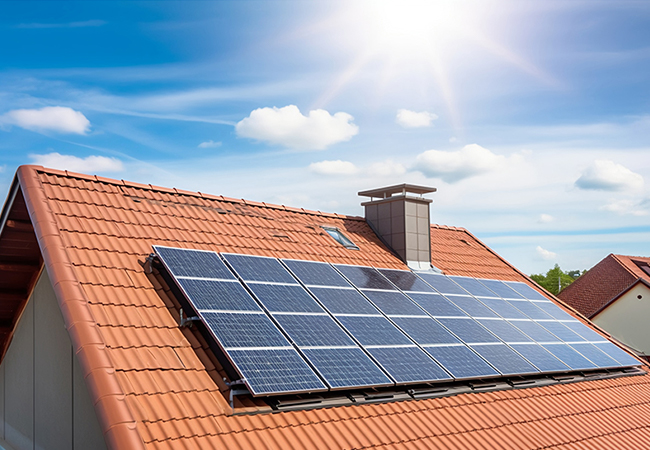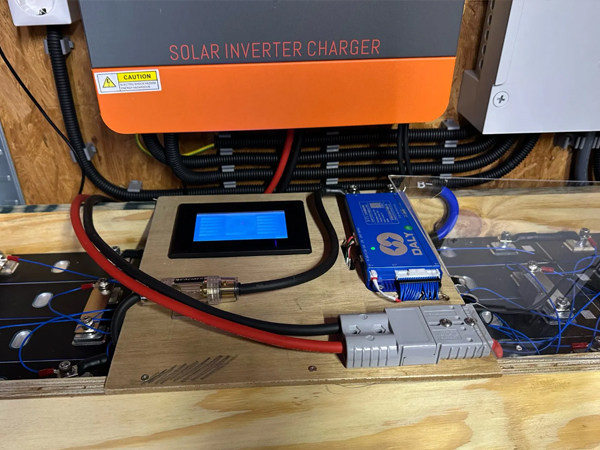As more homeowners turn to home energy storage for energy independence and sustainability, one question arises: Are lithium batteries the right pick? The answer, for most families, leans heavily toward "yes"—and for good reason. Compared to traditional lead-acid batteries, lithium options offer a clear edge: they’re lighter, store more energy in less space (higher energy density), last longer (often 3000+ charge cycles vs. 500-1000 for lead-acid), and are more environmentally friendly, with no heavy metal pollution risks.
What makes lithium batteries stand out in home settings is their ability to keep up with daily energy chaos. On sunny days, they soak up excess power from solar panels, ensuring none of that free energy goes to waste. When the sun sets or a storm knocks out the grid, they kick into gear, powering everything from refrigerators and lights to electric vehicle chargers—all without the voltage dips that can fry sensitive electronics. This flexibility makes them a workhorse for both routine use and emergencies.


Choosing the right lithium battery for your home comes down to your energy habits. How much power do you use daily? Do you have solar panels, and if so, how much energy do they generate? A small household might thrive with a 5-10 kWh system, while larger homes with more appliances could need 10-15 kWh. Pair it with a basic BMS, and you’ll get consistent performance for years.
Post time: Oct-28-2025





